-
Shadows on the Rock, Willa Cather

“I shall do nothing to discourage my patient, Monseigneur, any more than I shall bleed him, as many good people urge me to do. The mind, too, has a kind of blood: in common speech we call it hope.” I adored all this novel of frontier Kebec, and its descriptions of medicine, but this line…
-
Empire of Pain, Patrick Radden Keefe
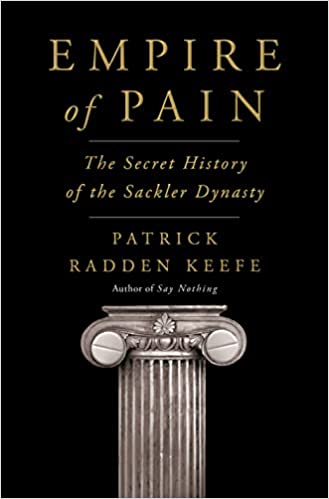
Damn @praddenkeefe, this was one was devastating. Hippocrates said doctors harvest misfortunes of their own to rid the sick of their disease and suffering. The Sacklers inverted the formula, harvesting a fortune off patient’s misfortunes. A deeply-reported account of how the Sackler family fed the opioid epidemic, it can also be read as a story…
-
The Heart of the Matter, Graham Greene
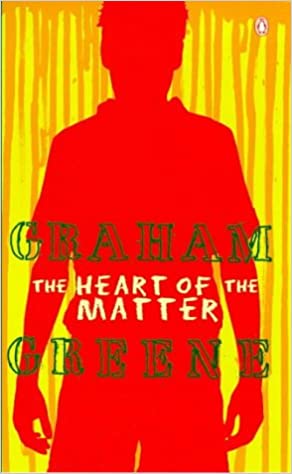
Greene’s remarkable account of suicide as the satisfaction theory of atonement describes Dr. Travis as earnest and reverent as a priest. “…he treated the body with great respect; when he rapped the chest he did it slowly, carefully, with his ear bowed close as though he really expected somebody or something to rap back.” Scobie,…
-
The Doctors Blackwell, Janice P. Nimura
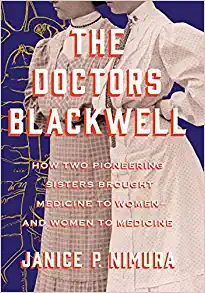
@janicenimura brings the 19th c. alive. If the future is female, it’s thanks to the Blackwell sisters. They blazed different paths through medicine that, although celebrated in their era, are far easier to see today because of Nimura’s work. A great example of how a good historian works.
-
The Tyranny of Merit, Michael Sandel
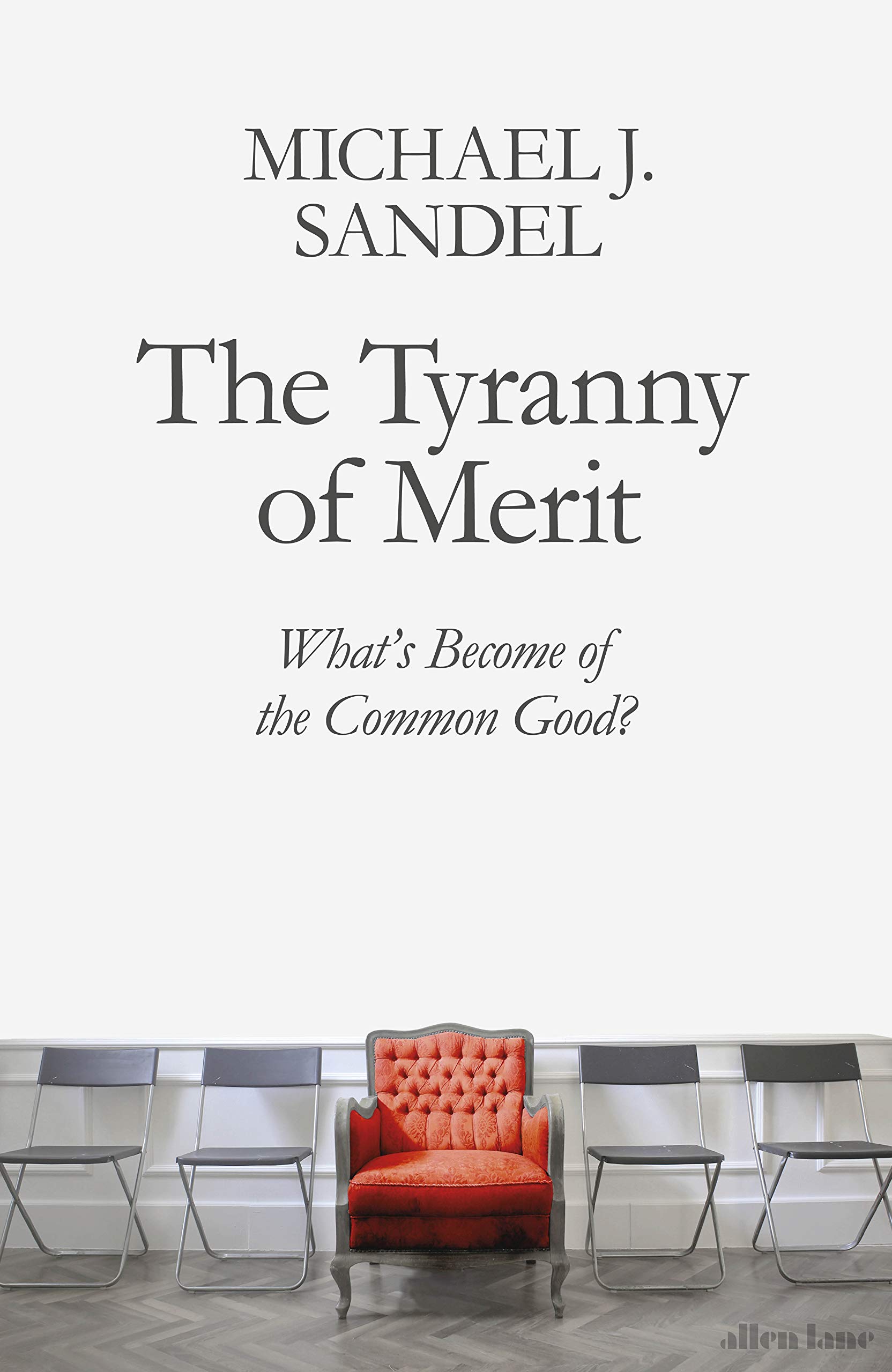
Why so divided? We maximize individual merit at the expense of the common good. So sayeth Sandel. And sayeth definitively. I dare anyone to finish this book wanting to defend today’s meritocracy. One suggestion: in his account of how to better college admissions, I kept wanting him to explore the NRMP Match as an option.
-
The Plague Year, Lawrence Wright
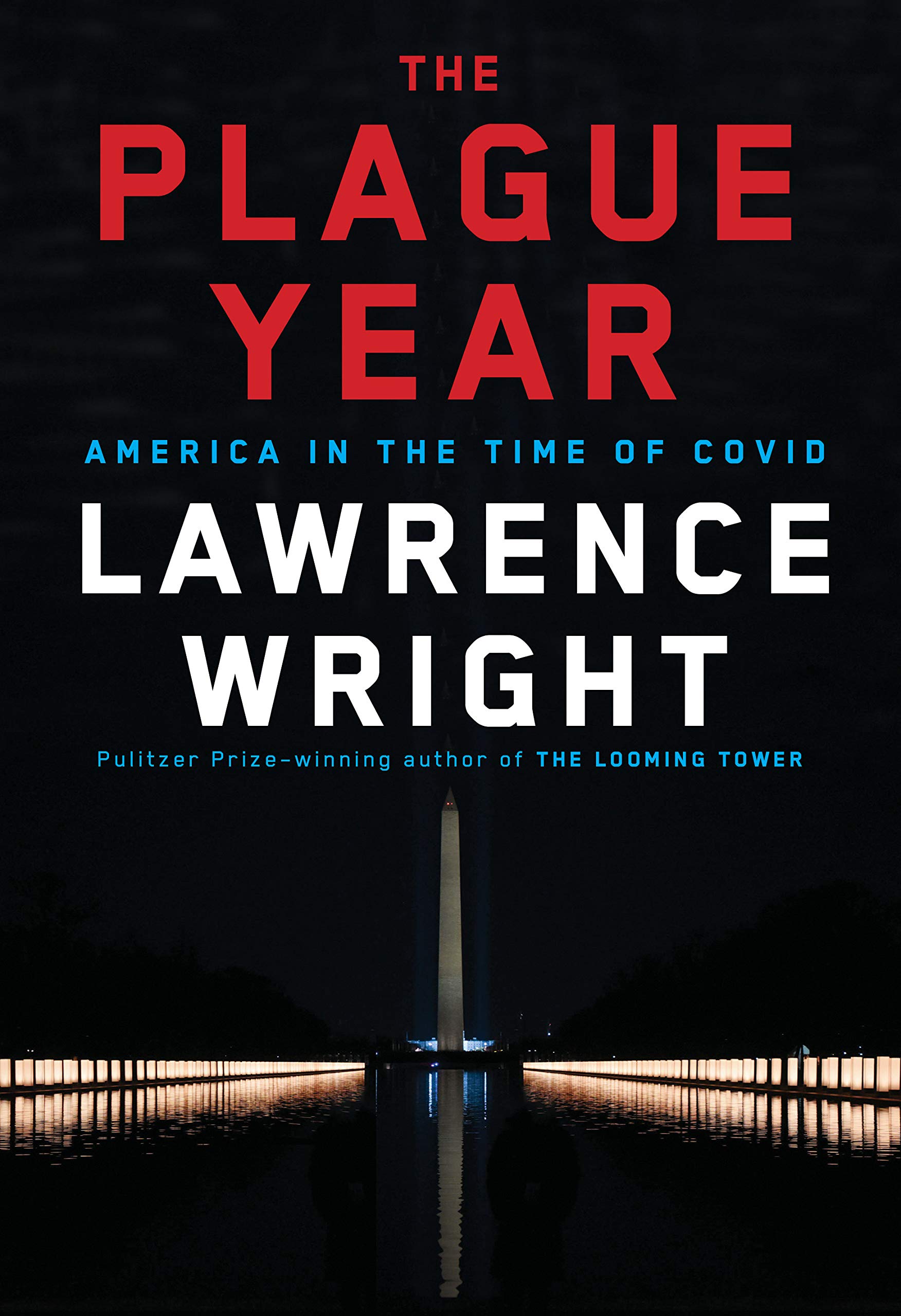
Reading Wright feels like a clean transcript of an explicit nightmare, which makes it all the more revolting. An expected virus caused an unaccustomed ravage. Why? Wright narrates the failure of diverse authorities– complacent powers, inept leadership, a polarized polis– as a kind of Swiss cheese diagram for a worldwide adverse event. There is more…
-
The Human Factor, Graham Greene
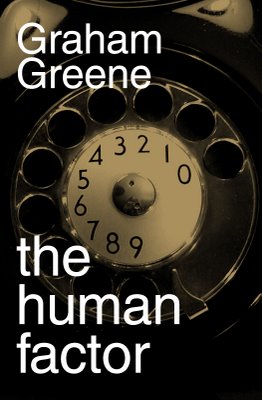
Dr. Percival favors smoked trout, but he feeds his patients red herrings. Percival is a bit of a stock villain, but even stock villains have the feel of the real in Greene’s novels. Percival inverts the therapeutic alliance, giving the truth to the novel’s warning: “he who forms a tie is lost.”
-
Making Doctors, Simon Sinclair
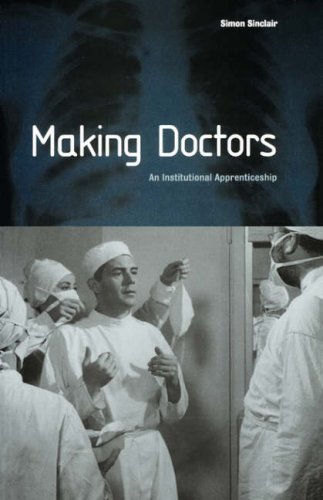
Knowledge. Experience. Responsibility. Sinclair, a physician turned anthropologist, charts their reinforcement as the NHS makes students into doctors capable of being “On Take” with their “bleep.” Medical training gives you an education and a license. To get both, you have to learn how to “pathologize the world.”
-
Beyond A Boundary, C. R. James
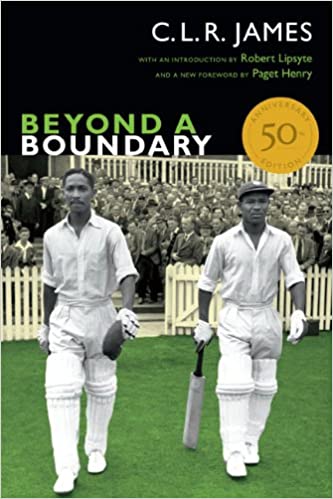
Dialectical thinking depends upon close attention to details; so does doctoring. “If life were not so urgent I would be willing to spend a year talking to a great batsman, asking him questions and probing into all sorts of aspects of his life on and off the cricket field. If he and hit it off…
-
The Last Man, Mary Shelley
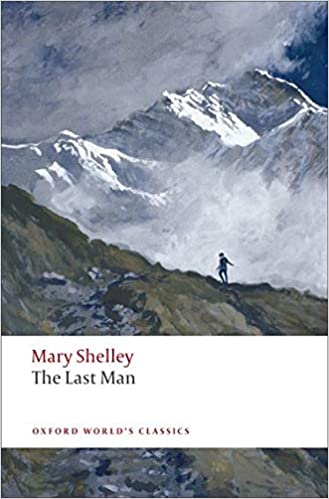
Shelley’s plague novel includes what could be a physician’s oath: “I am now going to undertake an office fitted for me. I cannot intrigue, or work a tortuous path through the labyrinth of men’s vices and passions; but I can bring patience, and sympathy, and such aid as art affords, to the bed of disease….”
Abraham Nussbaum
Physician, Teacher, Writer